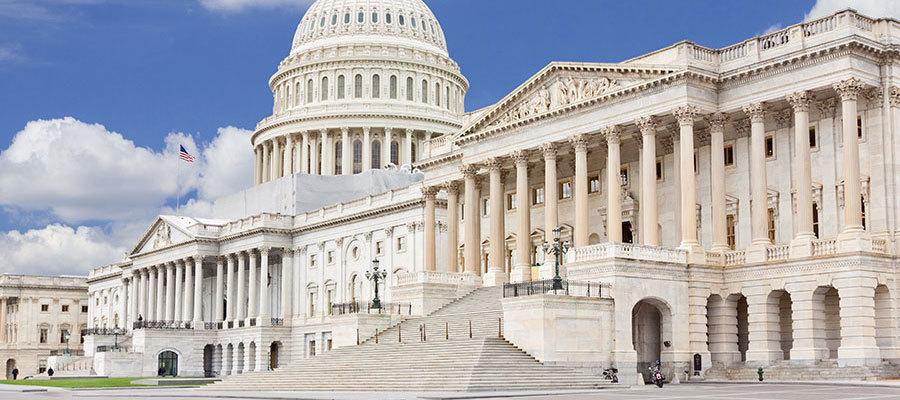New omnibus would fund HHS programs through FY 2024

The House and Senate Appropriations committees March 20 released the Further Consolidated Appropriations Act of 2024, legislation that would fund all remaining federal agencies through Sept. 30. The bipartisan bill includes six appropriations bills, including the one funding the departments of Labor, Health and Human Services, and Education.
The Labor-HHS-Education bill would provide $117 billion for HHS, about a 1% increase over fiscal year 2023. The bill includes:
$300 million more for the National Institutes of Health, including a $10 million increase for the National Institute on Minority Health and Health Disparities.
$4.5 million more for the Centers for Disease Control and Prevention.
$19 million more for the Substance Abuse and Mental Health Services Administration.
$54 million more for the Health Resources and Services Administration.
$14 million more for health workforce training, including a:
$3 million increase for the National Health Service Corps;
$5 million increase for nursing programs; and
$5 million increase for Children’s Hospitals Graduate Medical Education.
level funding for the Hospital Preparedness Program.
$12 million more for rural health programs.
$4 million for a new pilot program to help stabilize rural hospitals.
Among other provisions, the legislation would extend through FY 2024 the Conrad 30 waiver program, which waives the foreign residence requirement for physicians holding J-1 visas who agree to stay in the U.S. for three years to practice in federally designated underserved areas. The bill omits other mandatory health extenders previously under discussion, including site-neutral and hospital price transparency provisions. It also would rescind $4.3 billion in COVID-19 funding from the American Rescue Plan Act that was never obligated.
The House may vote on the measure Friday, with Senate action expected over the weekend. A short government shutdown may occur over the weekend, depending how long it takes both chambers to pass the measure and for President Biden to sign it into law.

